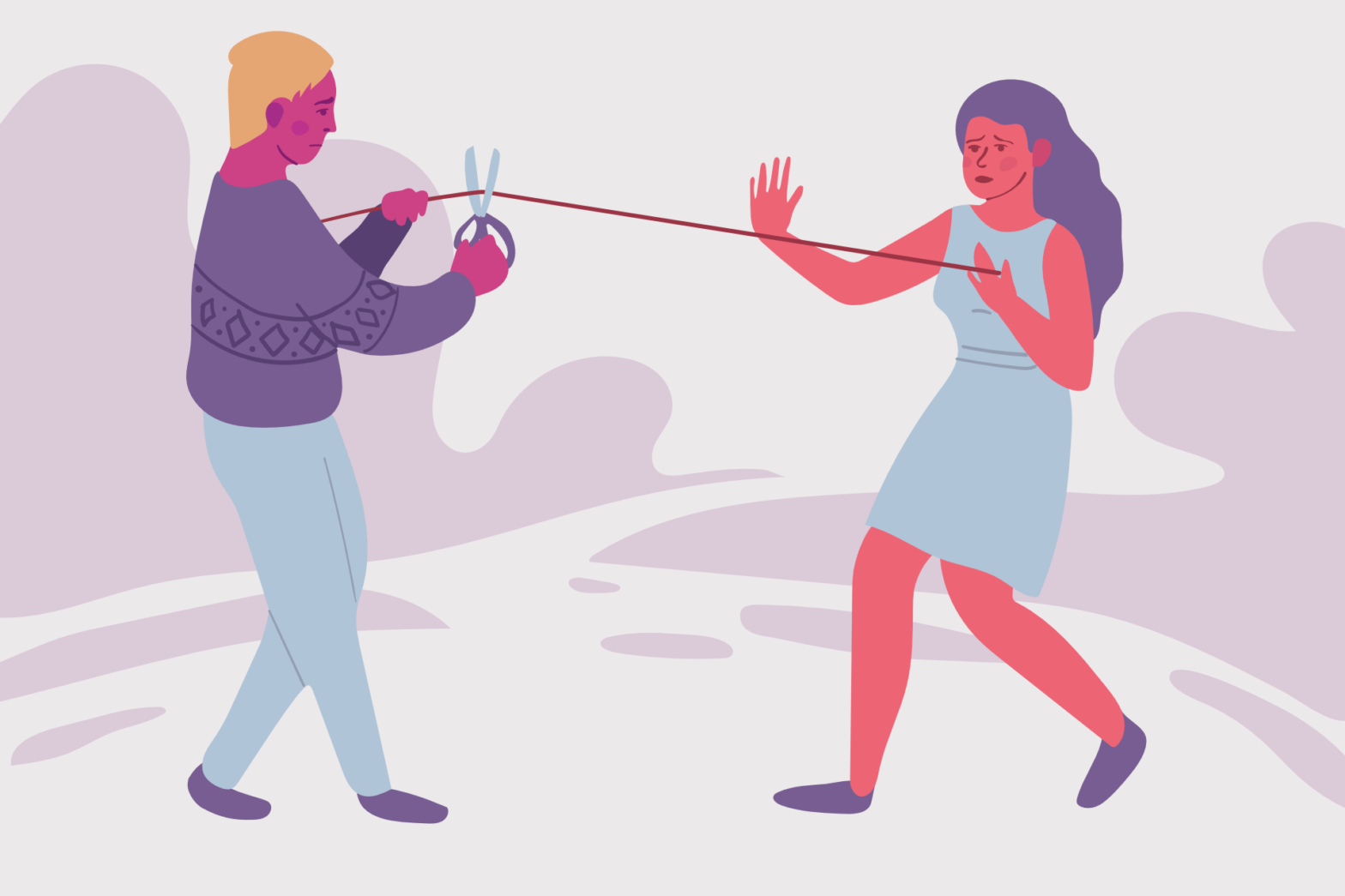Few things are as common to our relationships as our asking for, if not demanding, change from one another. These may begin as requests and over time descend into full-blown demands as frustrations arise and hostility grows. The ensuing adversarial energy then often pits each party into a defensive posture whereby conciliation and cooperation retreat and the impasse is fortified. What begins as an earnest request for change devolves into a mindless tit-for-tat exchange. Picture each person with their arms folded in front of them saying, “Why should I go first, when you have done such and such to me?” This leads to stagnation, if not an outright death knell for the relationship.
What are we generally seeking from others? Typically, we might want more respect, more consideration and thoughtfulness on the other’s part. A lack of these attributes may degenerate into more particular grievances and complaints around inattentiveness, self-centeredness, controlling or manipulative behavior, excessive criticism, or destructive silence, among a long list of other issues. We all want to be loved, valued, and respected. Commonly, our relationships fall short of supplying this gratification and we complain to each other about what we’re not getting.
So how should we go after soliciting change from others?
You can’t change another, but, by changing yourself, the energy of the relationship shifts and makes it easier for the other person to correspond. Relationships are, at the core, informed by the energy of the relationship – simply how you each feel about each other, more than an “objective” truth. You can shift the energy by going first. When you modify or alter your attitude or communication, the other party is now in a different relationship. If you change yourself, they must be affected.
Separation is an illusion
Contrary to our beliefs, we are not quite individual and separate from the other but are viscerally, emotionally, and psychologically connected to them. In quantum physics there is a concept called quantum entanglement, which proves that two particles that have a close relationship are forever changed by that union. They continue to influence each other’s behavior even when they are no longer in proximity. Just imagine how profound this influence is in our human correspondence. Interconnectedness between two people prevails, which becomes obscured by our retreat into our individual self. This sense of separation decimates the collaborative and compassionate energy of the relationship.
If I change myself, your relationship with me must be affected, for you are now in a relationship with a different person. If you want someone to be more understanding or compassionate, do your best to be so for him or her. If you want them to be less critical or more thoughtful, try to be even more so for him or her. If your feelings are hurt, acting defensively or angrily will assure further negativity. If you maintain your balance and thoughtfully share your sensitivity, there’s a much greater chance of the other being receptive. This method doesn’t necessarily guarantee you’ll get the results you’re seeking, but it certainly opens a new potential in the relationship. And at the very least, you’ll know that you’re no longer acting reactively and are not part of the problem. If you shift yourself and present your higher self — and yet over time don’t feel an equivalent shift from the other — you might reconsider the basis of your relationship. Change yourself — change your relationship.




